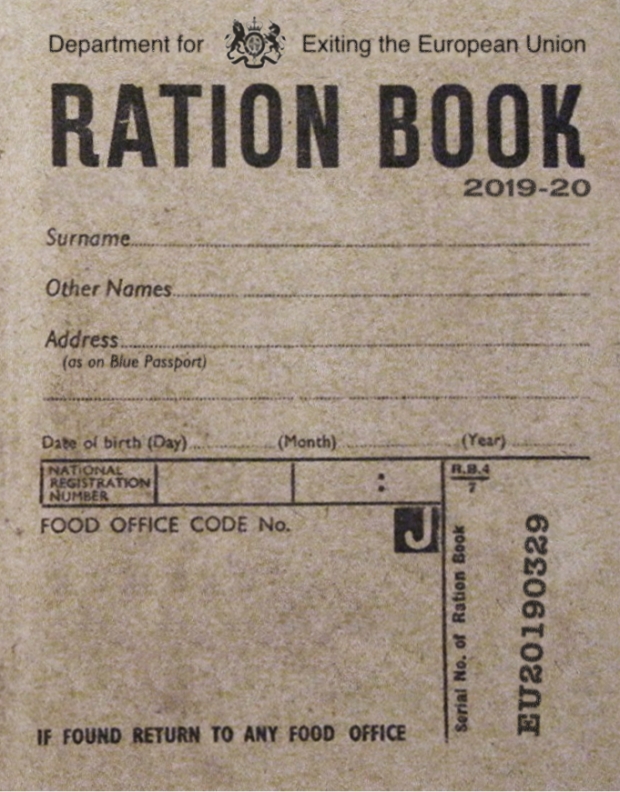There’s something that the vast majority of people – especially the media in general, but also all of us on here – don’t understand: the art of the 180° turn by public figures.
It is very hard for human beings in general to change their minds on things. Studies have shown that attempting to persuade somebody to change their mind is more likely to end up confirming their existing opinion.
If you do manage it, the person who has change their mind doesn’t become a preacher for the new opinion they’ve adopted. They change silently, at least at first, or they turn back to their original opinion when your words fade.
Politicians are no different, except everything they’ve ever said is on record somewhere. And when they change their minds, we collectively deride them for it. We call it a U-Turn or a flip-flop or a backflip.
For that reason, when politicians finally wise up that they’re swimming against the tide, they don’t change their words immediately. Instead they do what Jeremy Corbyn is doing now: they try to explain that their 180 is entirely consistent with their previous statements.
This process takes time: announcing the 180 and giving reasons for it to ‘prove’ that it’s not a 180 done closely together are taken as a U-turn. Saying that your views have evolved is also taken as a U-turn. Politicians need to say that their current views are 100% consistent with their previous views, evolution or changes of mind be damned.
The press and the public will crucify any politician or party that does a 180, for good or bad. Most recently, look at the LibDems, the great hope of 2010: their 180 on tuition fees doomed them to 9 years of popular exile.
Any change of mind by a politician or party needs to be seen as being consistent with their previous declarations. If it isn’t, the public will skin them alive. And if it’s too quick, it’s also a U-turn and we’ll do the same.
For Labour, the majority of MPs, activists, members, and voters are Remain. The majority in the party HQ are Leave – even if only pragmatically. But that party HQ majority now have to change what they believe and what they want after Remain’s obvious victory in two elections running.
They can’t do that by simply declaring that they’re now a Remain party and believe in the EU. That would be a U-turn and the press and Twitter would castigate them for it. Instead they need to try to show that their views have not changed while also doing a 180.
Historically, this used to be easier. The time allowed for a change of mind not to be a U-turn was much less, because the news cycle was slower. But now there are 24-hour networks who need content, and all of us here awaiting any gap in the political armour to make retweets out of.
The Labour Party’s top people now realise the they have to do a 180 and become a vocal Remain voice, because otherwise they’re done for. But they need to square this with what they’ve previously said and campaigned for. And it mustn’t be seen as a U-turn.
The media will castigate them for a U-turn. The public, who have deserted them in droves already, will dismiss them for pulling a U-ee, even though the majority agree it’s the right course.
Corbyn has been smart enough – at last – to note this dichotomy and has thrown the party’s change of mind to late September. But the awful No Deal disaster will be upon us, a mere 4 weeks away, by then. More uncertainty. More lost contracts. More lost investment. More job losses.
But I don’t know how Labour gets round this. They *have* to do a 180 or they’ll be destroyed. If they do it too quickly, we, the people, will destroy them for it. If they do it on the proposed timetable – by conference season – the country will be destroyed before they’ve hoisted a single Remain banner.
We live in very interesting times.


